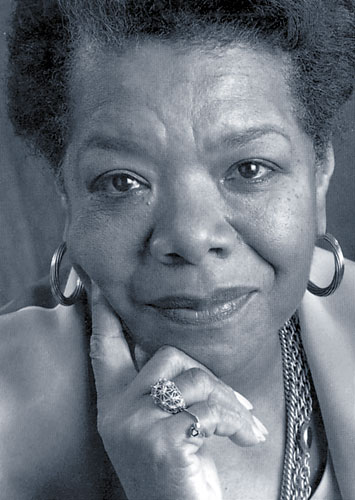“Bitter, twisted lies:” Academic erasure and black writers
By Emily Pierce, Contributing Writer
Ah, erasure- the tool of choice for effortlessly contributing to one’s own ignorance.
As a society, we hasten to put someone on a pedestal when they have done something we, the public, deem worthy of praise. But people are not statues; to cast marble over important aspects of an identity preserves an erroneous depiction of the connected individual. With this in mind, it’s absolutely horrifying to note how often this happens to writers. After all, many authors and poets create works based on their own experiences.
One would think, then, that it would be impossible to blur out the facets of an author’s identity that contribute to their individual voice, but it happens all the time. And, from my layman’s perspective, the victims are frequently authors of color. I don’t have the authority to point fingers, but if I had to guess, I’d say the blame for this atrocity lies with the patriarchal (and very white) system of academia. Although conditions appear to have improved between high school and college, the system is clearly still fractured.
By no means am I saying that white authors never experience erasure. The voices of the disabled, LGBTQA+ individuals, and members of religions that face discrimination deserve a great deal of amplification. However, in a world where “white” is still somehow seen as interchangeable with “default,” a white author’s otherization holds less potential negative impact on their perception. When we neglect to even touch upon how Lorraine Hansberry identified as a lesbian, or how Maya Angelou was once a sex worker, we happily accept being fed the idea that hiding these facts somehow makes these writers and their work easier to swallow.
Screw that. Don’t water down black authors in order to make them fit into your classroom more easily. Right now, I’m studying about Langston Hughes and his life in the same amount of detail usually awarded to someone like Henry David Thoreau. This is good, but far from enough. Academia needs to progress to the point where it’s normal to actively acknowledge every facet of an author’s identity when we discuss their work. Talk about Audre Lorde’s identity as “black, lesbian, mother, warrior, poet.” Celebrate it.
I want to add that I am a white woman and recognize that I am by no means even close to being an expert on the topic of erasure as it applies to black authors. I do not write with the intent of speaking over voices that need to be heard at a much higher volume than they are in society. My goal in constructing this article was to highlight injustice, and I hope I’ve done so in an appropriate fashion.
To conclude, I’d like to leave you with the first few stanzas from the aforementioned Maya Angelou’s dynamic poem, “Still I Rise.” As Black History Month continues, I urge you, reader, to research the black authors you read in class or whose work captures your heart. Subvert the accepted behaviors of willful ignorance and make it a point to diversify your own education.
You may write me down in history
With your bitter, twisted lies,
You may trod me in the very dirt
But still, like dust, I’ll rise.
Does my sassiness upset you?
Why are you beset with gloom?
‘Cause I walk like I’ve got oil wells
Pumping in my living room.
Just like moons and like suns,
With the certainty of tides,
Just like hopes springing high,
Still I’ll rise.
Did you want to see me broken?
Bowed head and lowered eyes?
Shoulders falling down like teardrops,
Weakened by my soulful cries?

